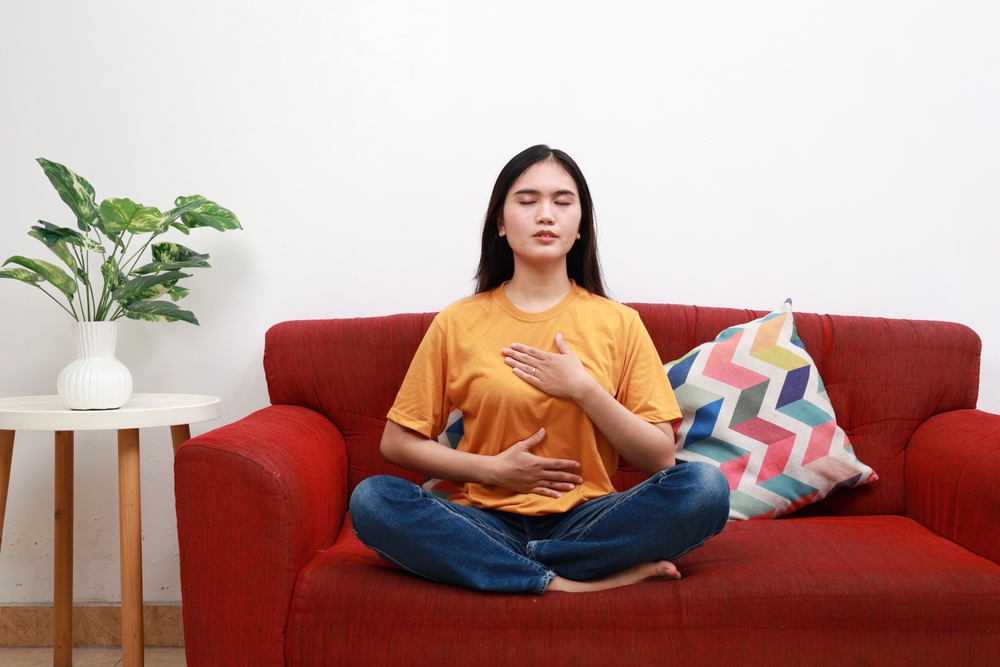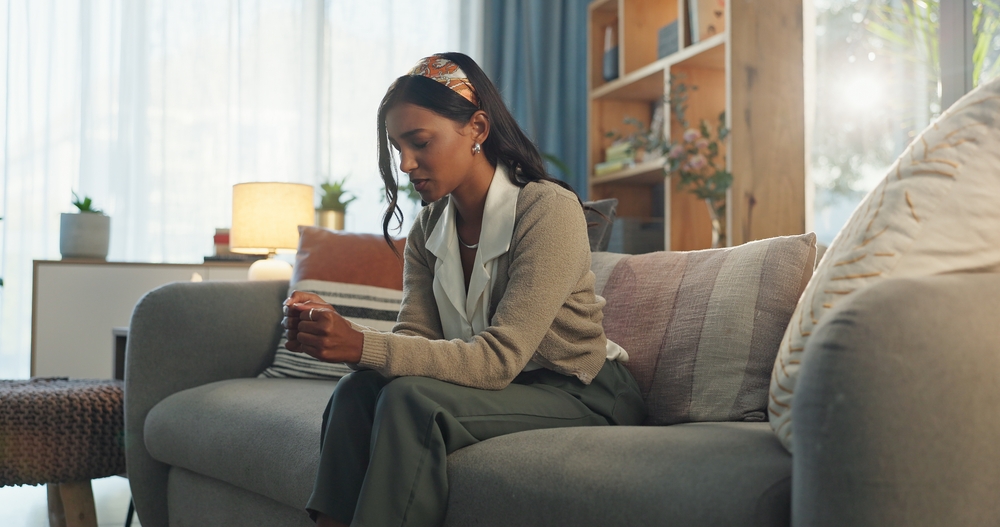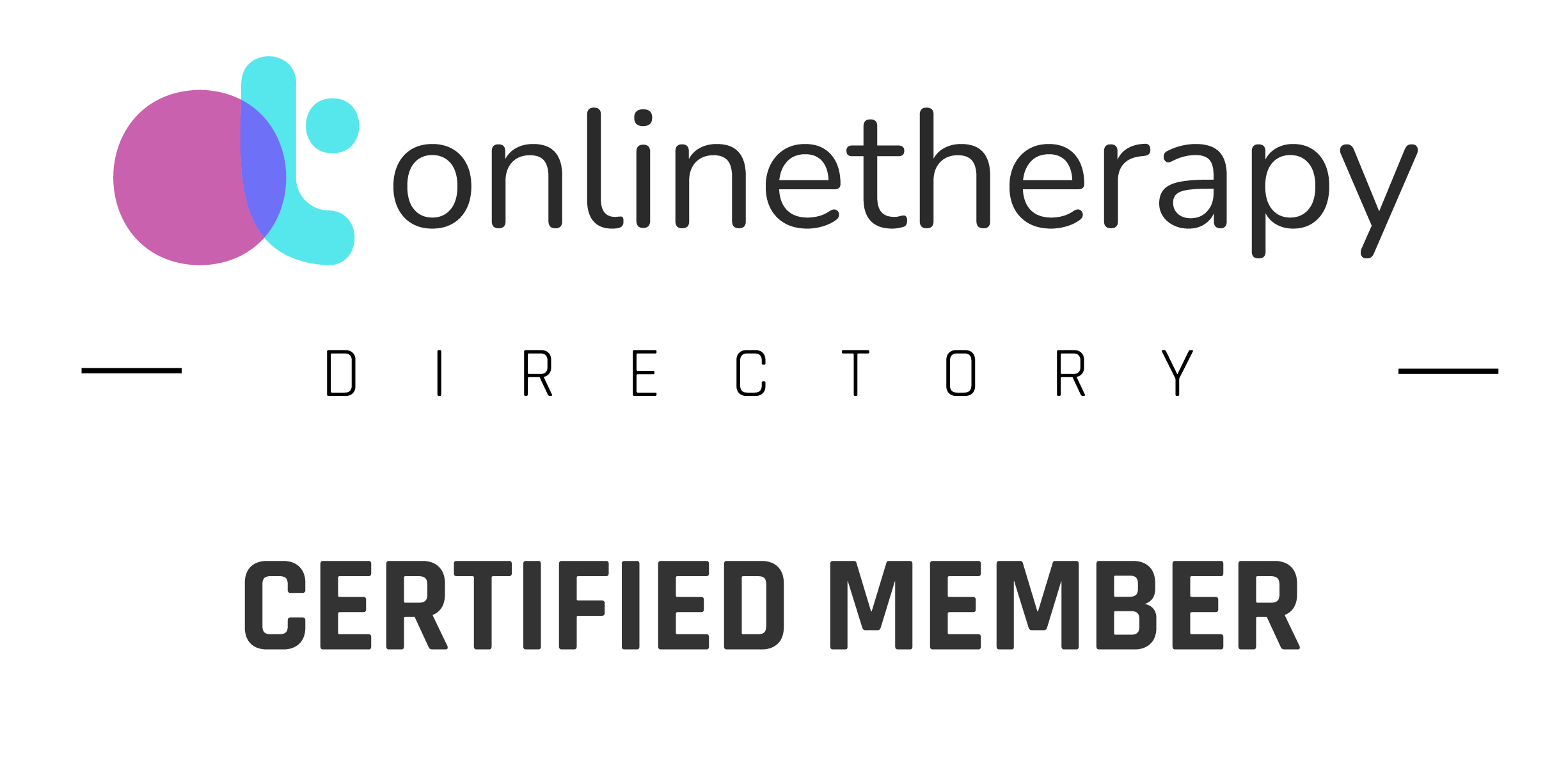Anxiety is a common experience that affects millions of people worldwide. While occasional worry is a natural stress response, persistent anxiety can interfere with daily life and overall well-being. Learning effective anxiety management techniques can help individuals regain control, reduce stress, and improve their quality of life.
This article explores the prevalence of anxiety, its symptoms and causes, and practical ways to manage it effectively.
The Prevalence and Impact of Anxiety
In today’s fast-paced world, anxiety has become increasingly common. From workplace stress to relationship challenges, financial concerns, and health uncertainties, many factors contribute to anxiety. The Anxiety and Depression Association of America (ADAA) states anxiety disorders affect over 40 million U.S. adults, making them highly common.
While anxiety is a normal part of life, understanding and applying strategies to manage anxiety is crucial for maintaining mental and emotional well-being.
Understanding Anxiety
Defining Anxiety
Anxiety is the body’s natural response to perceived threats or stressors. It is characterized by fear, apprehension, and unease, often accompanied by physical and cognitive symptoms. While mild anxiety can be helpful in certain situations—such as keeping us alert before a big presentation—chronic anxiety can be overwhelming and disruptive.
Common Symptoms
Anxiety manifests in various ways, including:
- Physical Symptoms: Increased heart rate, rapid breathing, sweating, muscle tension, and fatigue.
- Emotional Symptoms: Constant worry, irritability, restlessness, and a sense of impending doom.
- Cognitive Symptoms: Racing thoughts, difficulty concentrating, and persistent negative thinking patterns.
Triggers and Causes
Several factors can trigger anxiety, including:
- Stress: Work pressure, deadlines, and financial concerns.
- Relationships: Conflicts with family, friends, or partners.
- Health Issues: Chronic illnesses or concerns about personal well-being.
- Trauma: Past experiences or distressing events that cause emotional distress.
- Lifestyle Factors: Poor sleep, excessive caffeine consumption, and lack of exercise.

Practical Techniques for Managing Anxiety
Implementing effective anxiety management tips can significantly reduce anxiety symptoms and enhance emotional resilience.
1. Breathing Exercises
One of the most effective stress management techniques for anxiety is controlled breathing. Deep breathing helps activate the parasympathetic nervous system, promoting relaxation and reducing stress levels.
- 4-7-8 Breathing: Inhale for four seconds, hold for seven seconds, and exhale slowly for eight seconds.
- Box Breathing: Inhale for four counts, hold for four counts, exhale for four counts, and pause for four counts before repeating.
2. Mindfulness and Meditation
Mindfulness helps individuals focus on the present moment rather than dwelling on past regrets or future worries. Meditation practices can enhance awareness, reduce overthinking, and cultivate inner peace.
- Simple Meditation for Beginners: Sit in a quiet space, focus on your breath, and gently bring your attention back whenever your mind wanders.
- Body Scan Meditation: Pay attention to different body parts, releasing tension as you go.
3. Cognitive Restructuring
Cognitive restructuring involves identifying and challenging negative thought patterns to develop healthier thinking habits.
- Identify Negative Thoughts: Recognize irrational fears and self-doubt.
- Reframe Thinking: Replace negative thoughts with positive affirmations and realistic perspectives.
- Practice Gratitude: Focus on positive aspects of life rather than dwelling on worries.
4. Physical Activity and Exercise
Exercise is a natural way to reduce stress and anxiety by releasing endorphins, improving mood, and boosting energy levels.
- Recommended Activities: Walking, running, yoga, and swimming.
- Daily Movement: Even short bursts of physical activity, like stretching or deep breathing exercises, can make a difference.
5. Healthy Lifestyle Habits
A balanced lifestyle plays a significant role in mental health.
- Prioritize Sleep: Aim for 7-9 hours of quality sleep each night.
- Nutrition Matters: Eat a well-balanced diet rich in whole foods, avoiding excessive sugar and processed foods.
- Limit Caffeine and Alcohol: These substances can heighten anxiety and disrupt sleep patterns.
Implementing Techniques in Daily Life
Managing anxiety requires consistent effort and practical application in everyday routines.
Creating a Routine
A structured routine can bring stability and predictability, helping to minimize feelings of chaos and stress.
Setting Realistic Goals
Break tasks into smaller, manageable steps to avoid feeling overwhelmed. Celebrate small accomplishments to build confidence.
Seeking Support
Talking to friends, family, or a support group can provide emotional relief and reassurance.
Using Relaxation Techniques Regularly
Incorporate deep breathing, mindfulness, or soothing activities like reading, listening to music, or enjoying nature into your daily routine.

When to Seek Professional Help
While self-help techniques are beneficial, some individuals may require additional support through counseling in Reno or therapy.
Signs of Severe Anxiety
- Persistent worry that interferes with daily activities.
- Panic attacks or feelings of extreme dread.
- Difficulty sleeping or functioning normally.
- Avoidance of situations due to fear or anxiety.
Therapy and Counseling
Professional therapy can help individuals develop personalized coping strategies. Cognitive-behavioral therapy (CBT) is one of the most effective approaches for treating anxiety disorders.
Medication Options
In some cases, medication prescribed by a healthcare professional may be necessary to manage severe anxiety symptoms.
Taking Control of Your Anxiety
Overcoming anxiety requires patience, self-awareness, and the right tools. Individuals can regain control over their mental well-being by implementing practical techniques and seeking professional support when needed. Whether it’s practicing mindfulness or engaging in physical activity, taking proactive steps can lead to a healthier, more fulfilling life. Seeking help from a therapist in Reno, NV, is another valuable option for improving well-being.
If you’re looking for professional guidance, Mind and Body Counseling Associates offers expert Counseling in Reno, helping individuals manage anxiety and improve their mental health with a skilled therapist in Reno, NV. Contact Us Now!


